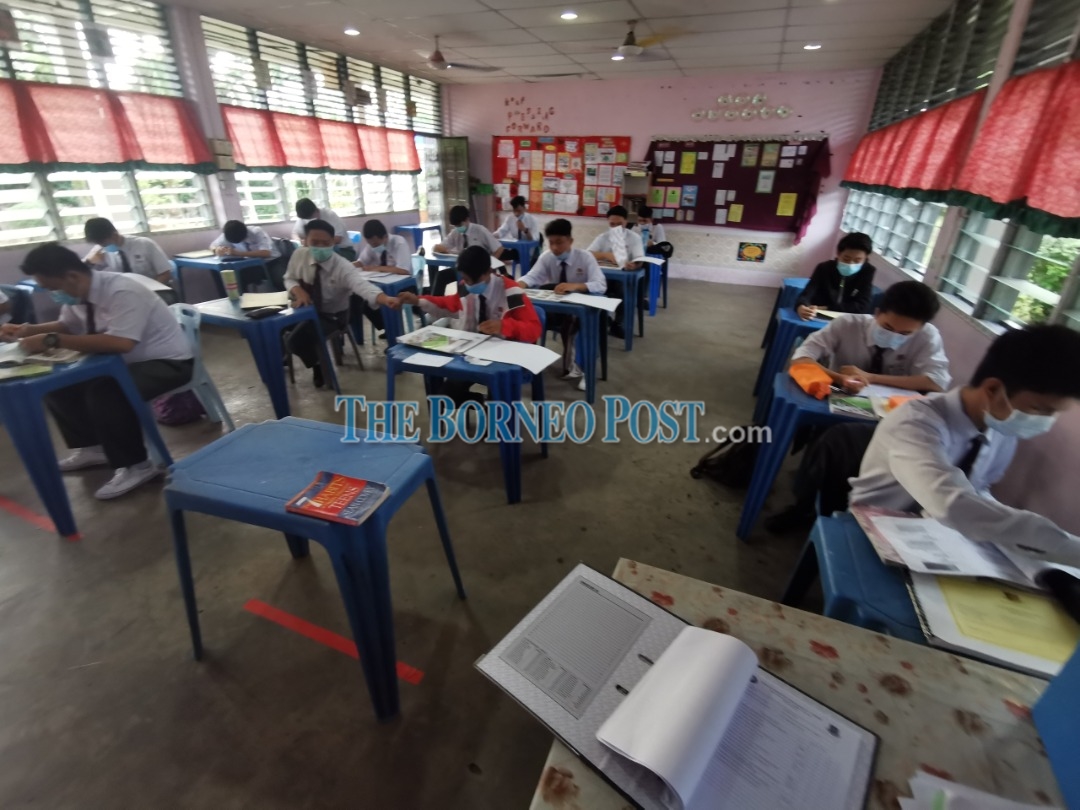ADVERTISE HERE

Muzaffar suggests that Malaysia should instead utilise local talent for teaching the subject in schools. – Photo by Roystein Emmor
KUCHING (July 17): The federal government must exercise caution in its proposal to bring in Singaporean teachers to teach English in Malaysia, said Dr Muzaffar Syah Mallow.
The Associate Professor at Universiti Sains Islam Malaysia’s Faculty of Syariah and Law suggested that Malaysia should instead utilise local talent for teaching the subject in schools.
“There are current efforts to import Singaporean teachers for teaching English. While the intention appears noble, the government needs to be cautious.
“The use of foreign teachers might jeopardise our country’s educational policy and national interest,” he said in a press release today.
Dr Muzaffar elaborated that a teacher’s role extends beyond teaching subjects.
“Teachers also instil national pride and loyalty. Foreign teachers cannot effectively inculcate national pride and unity as they are not citizens and their allegiance lies with their home country, not ours,” he said.
He opined that foreign teachers might be suitable at the university level, where students possess the maturity to discern right from wrong.
However, this is not the case for school students.
“School students lack the basic knowledge and maturity to differentiate between right and wrong.
“It is also challenging to monitor foreign teachers in classrooms, raising concerns that they might introduce ideas that could undermine our educational policy and national interest,” he said.
Dr Muzaffar emphasised the importance of utilising local talent for teaching English, noting that Malaysia and Singapore share a historical background as former British colonies with a long tradition of using English as a medium of communication.
“While Malay is our official language, we must acknowledge the importance of English in our daily lives.
“English is a global lingua franca, essential for cross-border trade, diplomacy, and culture. Blaming English for personal or national failures is misguided; success requires adaptability and constructive change.”
He highlighted that proficiency in English is crucial for securing employment, especially in multinational companies, and is a key language in fields such as science, aviation, computers, diplomacy, and tourism.
“Politicians should not use the issue of English as a political tool but recognise its importance for national progress.
“Efforts to strengthen English proficiency should start early, encouraging school and university students to master the language,” he said.
He also stressed the need for a balanced approach, enhancing both the national language and English proficiency to ensure a better future for the country.









 English (US) ·
English (US) ·